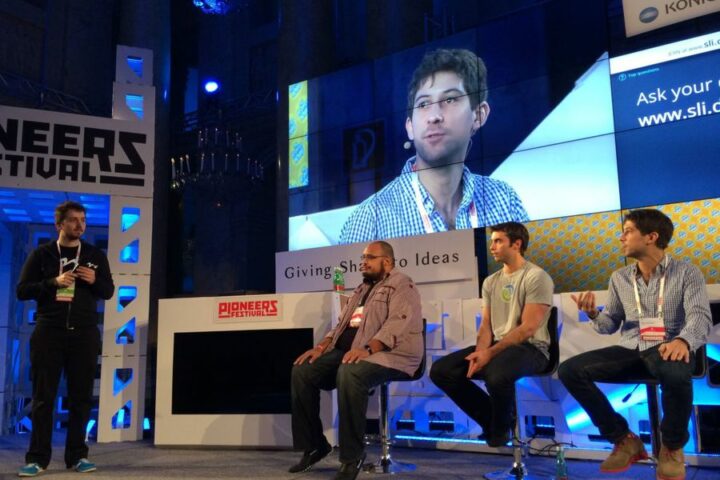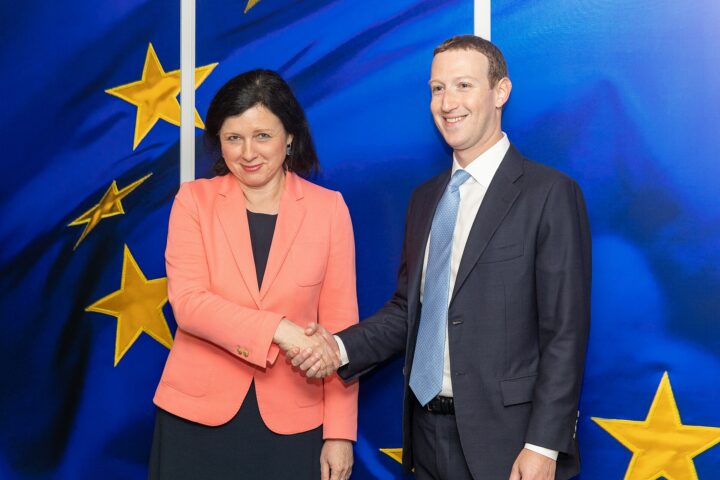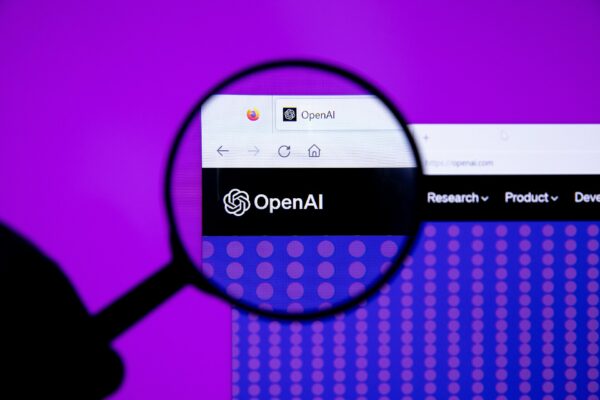Google has now reportedly announced a partnership with Elementl Power to develop 1.8 gigawatts of advanced nuclear power across three sites.
This initiative aims to secure energy sources to meet the growing power demands of Google’s data centers, driven by its expanding AI operations.
The company plans to invest $75 billion this year to enhance its data center capacity.
Under the agreement, Google will add at least 600 megawatts of generating capacity at each of the three locations.
Elementl Power, which has been operating quietly until now, will enable Google to buy power directly through an arrangement known as “commercial off-take.”
Although Elementl has not yet developed any nuclear power plants, it comprises a team with significant experience in the nuclear industry and is backed by Energy Impact Partners.
Elementl is taking a “technology agnostic” approach, meaning it has not yet selected a specific small modular reactor (SMR) company to collaborate with.
However, Kairos Power is a likely candidate due to its existing relationship with Google, with plans for a demonstration plant generating 50 megawatts and a future commercial plant producing 150 megawatts.
SMRs are gaining traction in Silicon Valley, as startups aim to reduce reactor costs through mass manufacturing. These smaller reactors can provide reliable 24/7 power and can be situated close to data centers.
Despite the interest, no SMR has been constructed outside of China. NuScale, another startup, faced setbacks when a utility partner canceled its contract after costs soared.
This collaboration marks a significant step for Google as it seeks sustainable and efficient energy solutions to support its infrastructure while contributing to the evolving nuclear power landscape.
[READ MORE: Instacart CEO Joining Open AI]









